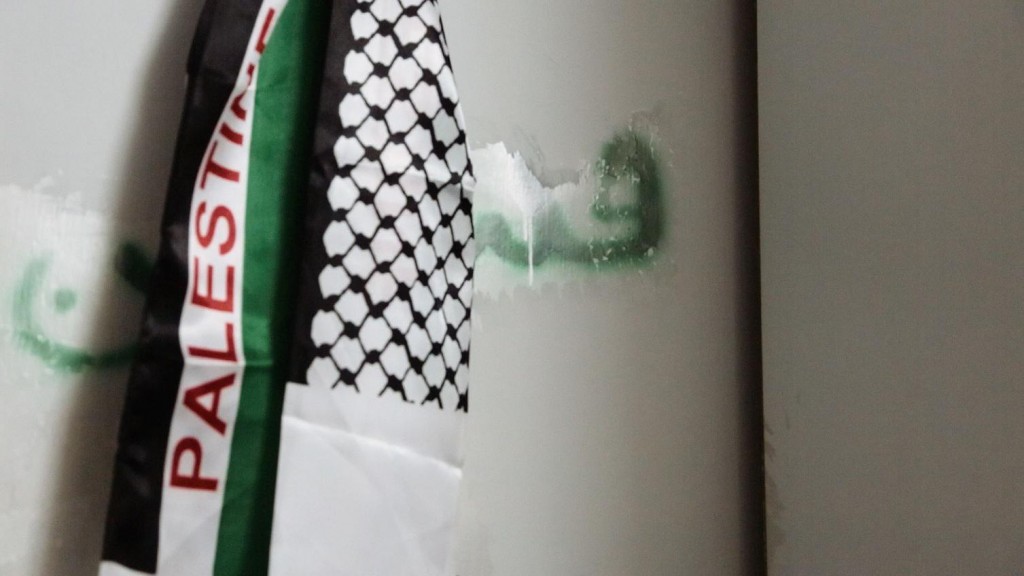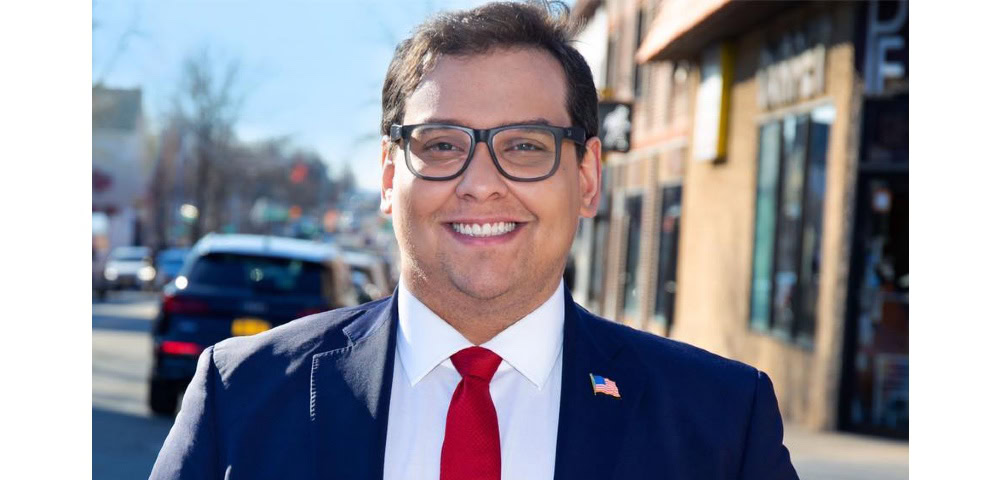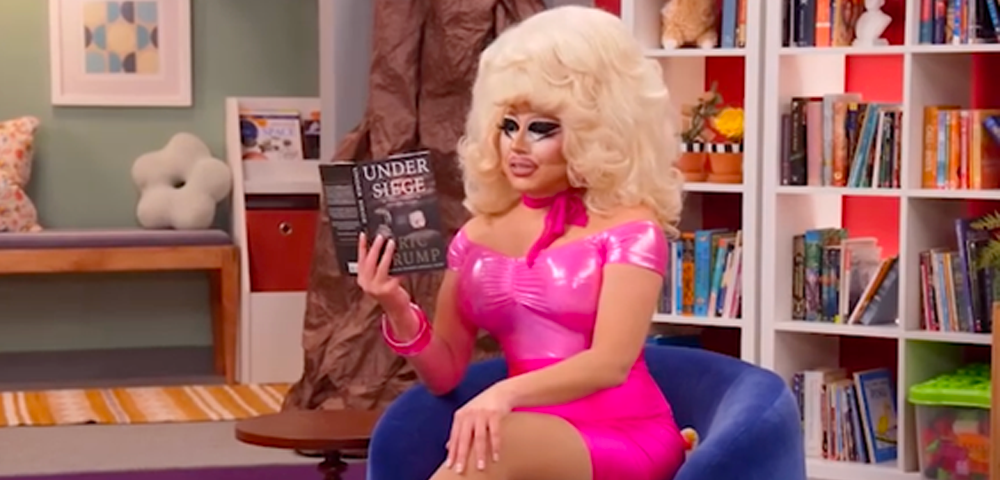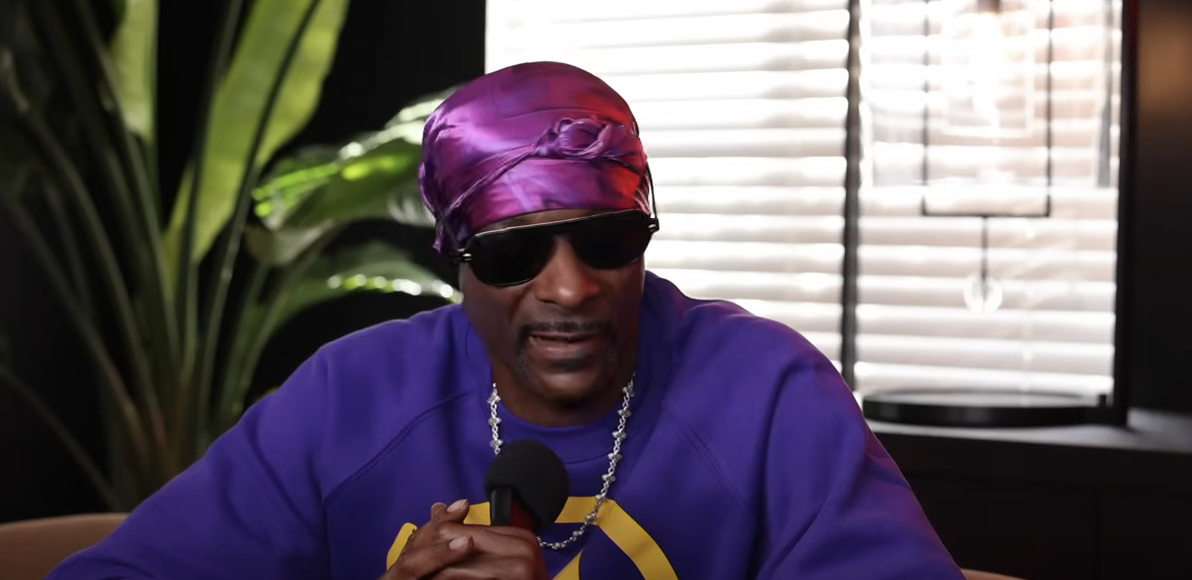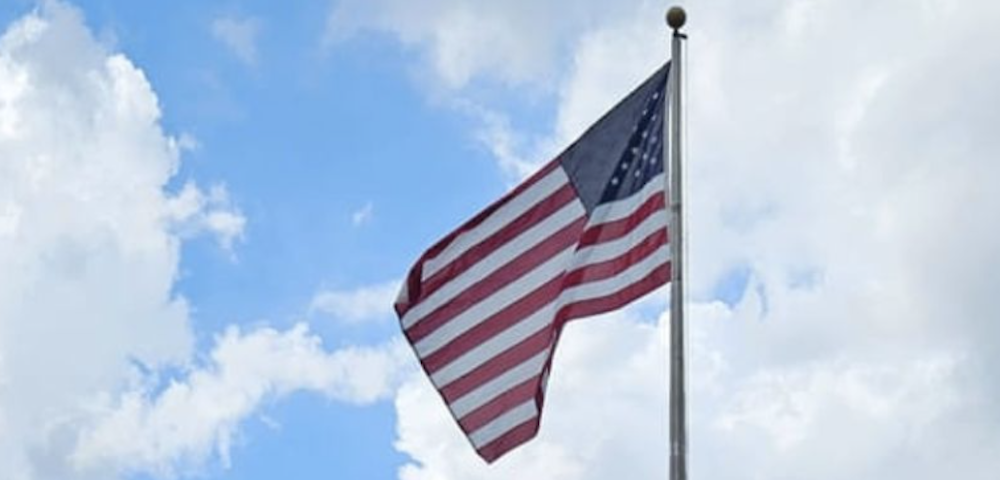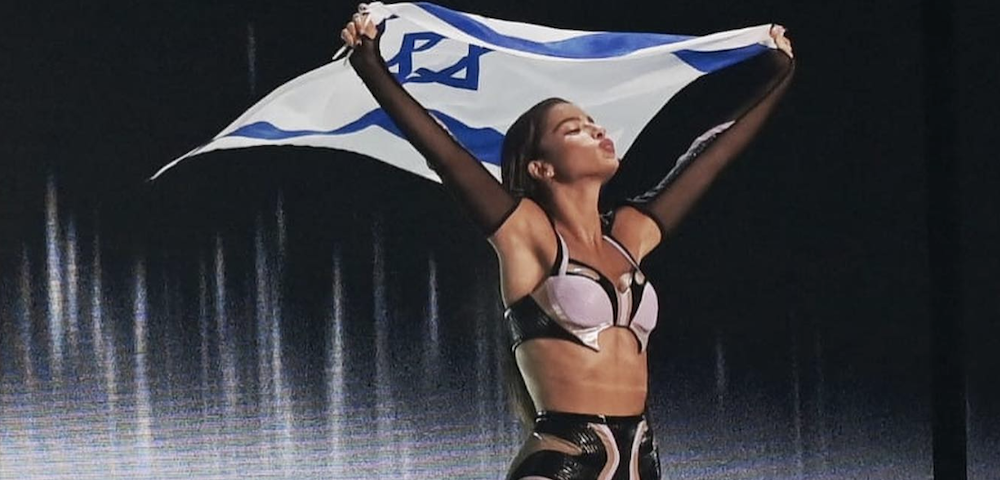
Oriented: A new documentary that sheds light on unheard voices of gay Palestinians
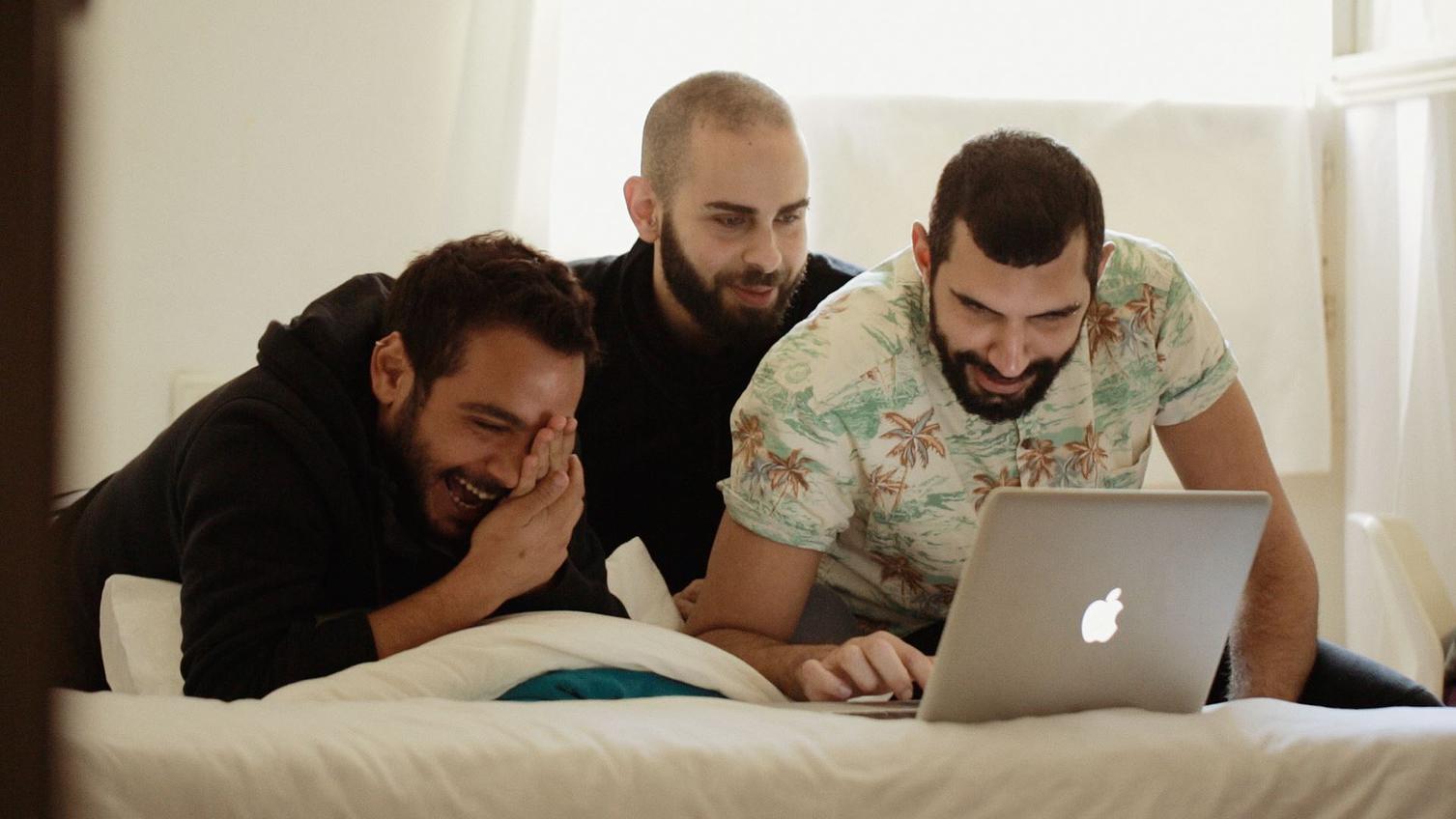
WHEN Jake Witzenfeld decided on the title of his feature documentary Oriented, he knew it was a perfect reflection of the story it told and the three gay Palestinian men who lead its narrative.
“That name is a play on their sexual orientation, and on post-colonial discourses, as well as resisting orientalism,” Witzenfeld told the Star Observer.
“They also realise they’re oriented. They’re saying ‘we know where we come from, we’re proud of that and we’re going to speak in our own language and present our own heritage how we want to’.”
Directed by Witzenfeld, Oriented — which will have its Australian premiere at Sydney’s Antenna Documentary Film Festival — follows the lives of three Palestinian men in their mid-20s who live in Tel Aviv/Jaffa over the course of about 15 months between 2013 and 2014.
With Khader Abu Seif, who works in advertising, and nurses Fadi Daeem and Naeem Jiryes as its stars, the film sheds light on the social, cultural, political and personal complexities experienced by these men, and how being a gay Palestinian man living within Israeli borders sees them constantly deal with questions of identity in almost every action and decision.
For example, they may live in Tel Aviv/Jaffa, hold Israeli passports and citizenship, can vote in Israeli elections, and speak fluent Hebrew and Arabic — but they identify as Palestinians first and foremost. However, they sometimes feel like outcasts among Palestinians just for being gay, while many Israelis question why they identify as Palestinians, simply because they are gay. The documentary also looks at how some of the men reconcile their nationalism when they become romantically involved with Jewish-Israeli men.
Adding a layer to this is the way they have to navigate their sexuality with their families and cultural/national identities. For instance, while Fadi’s family has fully accepted him, Khader has been estranged from his father since he came out at 15 but remains close to his mother. But with Naeem, audiences see him coming out to his conservative family, which leads to challenges in their relationship. The men come from a mix of Muslim, Christian and non-religious backgrounds, but it’s evident that it’s the culture that fuels the stigma of coming out — not religion.
“The day-to-day lives of these three friends who have this very dynamic identity complex, yet their friendship is kind of where there is this understanding of that, there is not much of that out there,” Witzenfeld told the Star Observer.
A straight, Jewish man from Britain, Witzenfeld stressed that his privately-funded documentary was not “some dogmatic gesture or political statement” on the Palestinian/Israeli conflict nor on LGBTI rights, but rather a story centred on the three gay Palestinian men and their individual lives.
Fadi agreed.
“That’s why we agreed on this documentary, because people do not hear our voices,” he told the Star Observer.
“When you talk about the Palestinian-Israeli conflict you always, you know, understand the Palestinians living in Gaza or the West Bank or the Israelis living in Israel but the Palestinians living inside Israel, under occupation, are not heard anywhere.
“There are people who don’t understand how we can call ourselves Palestinians. But that’s who we are, we are Palestinians. We come from a Palestinian family, we studied Palestinian history and you don’t have to be an ‘Israeli-Arab’. It’s an occupation. We don’t want to be part of an occupation and give up ourselves and be Israeli.”
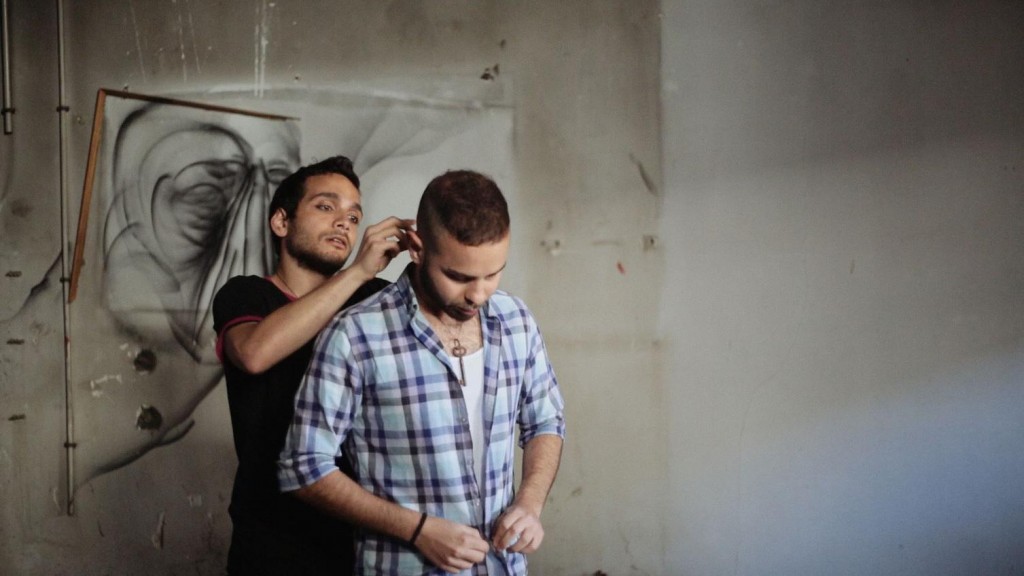
Witzenfeld said he was compelled to tell the boys’ stories after he came across their YouTube videos which addressed topics considered taboo across the Arab world, such as homosexuality and gender equality. He became interested in how their narrative was a new one among the “typical” Israel/Palestine discourse.
However, since making the documentary, he said he was often met with questions regarding the lack of Jewish-Israeli representation.
“My answer to that is: number one, not every fucking thing that is about or involves Israel and Palestine needs to be this perfect 50/50, ‘your turn, my turn, your turn, my turn’,” Witzenfeld said.
“And secondly, these guys already have Israeli citizenship, so they’re just another aspect of Israel.”
Fadi hoped their story challenged the idea of Israel being a “haven for LGBT people in the Middle East” — a notion often criticised as a form of “pink washing” to distract from the controversy of illegal West Bank settlements or the bombing of civilians in Gaza.
“I think we all agree that Tel Aviv is a very accepting space for the LGBT community, but Israel is not,” Fadi said.
“My nationality, me as a Palestinian, as a young, out, gay guy in Tel Aviv — it’s not accepted the way I want it to be. In Tel Aviv, you can’t be Palestinian, you can’t be homosexual, and you can’t be proud.”
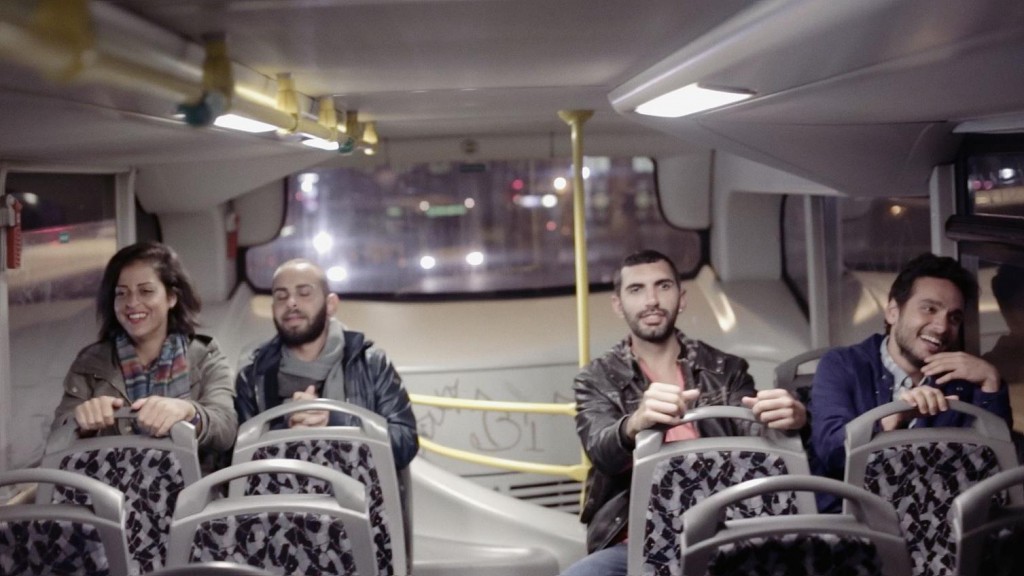
Witzenfeld said the film had four targets it wanted to “shoot at” in regards to challenging stereotypes.
The first was the prevalent and enforced heteronormative nature of some of the more “traditional” cultures around world, making them realise that LGBT people do exist in these sorts of communities and that homosexuality is not just a western import.
The second target was the Jewish communities in the Jewish diaspora and within Israel, especially the Zionists.
“They’re very comfortable with ‘the other’ to be an assertive, aggressive kind of person, and for ‘the other’ to be a complicated human story to make them laugh at, not with, so it’s an uncomfortable challenge for them,” Witzenfeld said.
The third target was the Palestinians. This includes the prevalent stigma attached to homosexuality in their culture, as well as how some view the 1.7 million Palestinians living within Israeli borders as traitors of sorts — because they live alongside Zionists, they don’t live through bombings, and they do not have their houses knocked down for illegal settlements.
“I want to cause a disruption in that stereotype of the perception in the Palestinian world and say, hold on a second, these guys are aware of their Palestinianness and that is a legitimate Palestinian voice that should be playing as much as a role as someone from the West Bank, as from Gaza, or from the Palestinian diaspora,” Witzenfeld said.
“They don’t get included in the conversation, and it’s not fair.”
The final target was the international media, and their tendency to adopt a one-size-fits-all narrative that all gay Arabs seemingly struggle to come out or are emotionally drained when they do, or that they become victims of their own families or culture.
Fadi agreed, highlighting how he and his friends were well-adjusted despite their challenges. He also mentioned the underground and evolving gay communities in parts of the West Bank, in Lebanon, Jordan, Egypt and other parts of the Arab World.
While the film has had some screenings already, including a world premiere in Sheffield, UK, and international premiere at the LA Film Festival earlier this year, it has not yet been screened in the Middle East — not even to Jewish audiences in Israel. However, Witzenfeld said the film’s inclusion in the San Francisco Arab Film Festival next week was a “good start”.
“It is my dream for this [documentary] to be screened in Lebanon and even Egypt, Algeria and other parts of the Arab world,” Fadi said.
“I hope our voice has the ability to reach other young gay Arab boys and girls around the world — it’s not going to be easy but we are working on it.”
Oriented is screening in Sydney as part of the 2015 Antenna Documentary Film Festival. For details and booking, click here
UPDATE: The documentary is also part of the 2016 Melbourne Queer Film Festival, to be screened on April 4. For details and bookings, click here
